Ivan Semesyuk is a Ukrainian artist, writer, poet, musician, cultural figure, author of media projects. The founder of the power country band Pyryatyn (2016), and also a member of the alternative folk music group Ukie'z (2019).
The time, regulated by news releases, is accompanied by the alerts from Telegram channels. This is how the heart of Ukraine beats at present. The drama and tragedy of the theater of military actions are unfolding right here and now; the count is in minutes and hours. However, conveying the ongoing situation carries a significant purpose in communicating with those for whom this war is being fought, but using different methods. For them, the duration of this war is gauged in centuries. Ivan Semyesyuk, an artist, writer, musician, and performer – to sum it up succinctly, will discuss his perception of these events, spanning across the past, present, and future of Ukraine.
Ivan, I'd like to refer back to your words from our interview in 2018: "The Magdeburg Law, of course, extended its influence from Chernihiv to Lisbon, essentially encompassing a unified legal and cultural field. Magistrates in Chernihiv Oblast were akin to magistrates in Germany. It's all part of one civilization. We don't need to 'head to Europe,' as that's a mindset influenced by Moscow's self-perception. We are Europe ourselves. Admittedly distinct, with our own peculiarities, but Poland and Hungary also have their unique traits. Every nation possesses its particularities and imperfections." How has the war altered this perspective, and what revelations has it brought forth?
— In my quote, there's an error regarding the Magdeburg Law. The thing is, in Lisbon, of course, the Magdeburg Law didn't apply; they had their own distinct legal system there. In Europe, multiple laws were in effect, all stemming from a common source, which maintains the essence of the statement. How has the war altered this perspective, and what revelations has it brought forth? I believe that the devastating onslaught we endured on February 24 symbolizes an entire process—our journey back home. A return to our roots after a prolonged period of captivity.
We were subjected to this captivity for around 350 years, maybe even fewer. To put it precisely, since the dismantling of the Hetmanate, but not exclusively that period. This period of subjugation under Moscow's influence lasted not merely a century. Now, however, we have broken free from this captivity and are making our way back home, reuniting with our circle of friends and family. This family is European in nature, comprised of various nations—some of whom are extremely close, almost like siblings, while others are more distant relatives. Nonetheless, it is our family, a collective of diverse individuals bound by profound values. What are these values? These values are the driving force behind their engagement in the war.
In my opinion, this conflict isn't solely about safeguarding our communal home or preserving Europe as a shared home—though that aspect is undeniably relevant. It's primarily a conflict centered on the personal liberty of every individual among us, every Ukrainian, and by extension, every European. In essence, the cornerstone of European civilization is individual freedom, a concept that embodies freedom itself. It's not without reason that during the Maidan protests of 2013-2014, a significant rallying cry was "Freedom is our religion." This rings true for us, and it holds equally true for individuals rooted in European culture. Freedom stands as our guiding principle.
It might appear that Europe has undergone a transformation in this regard, substituting the ideals of freedom with a certain inclination toward comfort, so to speak—opting for the conveniences of an agreeable and snug existence, as it were. This phenomenon can be notably observed in places like Germany. While this might hold some truth, we, nonetheless, introduced a window through which the wind of change swept in—the breezes of freedom from Ukraine, wafting westward. To me, it seems that Ukraine has invigorated everyone profoundly; it has served as a reminder that heroes constitute a commonplace notion, not a relic of the past, but a fully functional, pragmatic category. This pertains to us.
Ukraine, indeed, embodies that very Knight, that Hero. In a broader context, the myth of chivalry holds immense significance for Europe, and it's manifesting itself right here and now. This is because we, akin to half a millennium ago, wage this struggle as nobles and Cossacks, whereas the Muscovites engage with warrior serfs—there lies the distinction. Noble values encompass more than just the values of home, although those are undoubtedly part of it. Noble values—the crux lies in the values of individual, personal freedom. This serves as the foundation for the current unfolding.
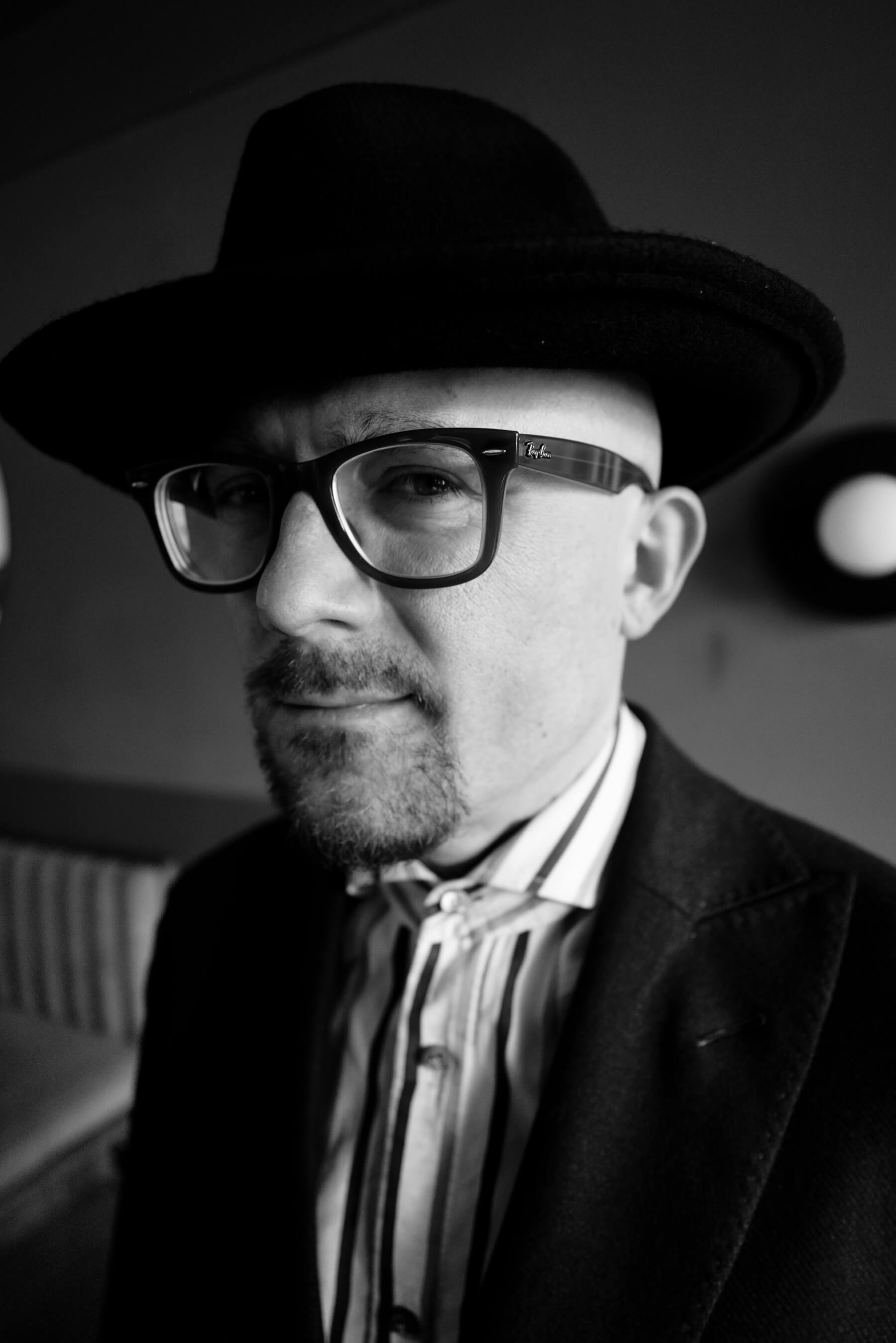
We delved into this topic back in 2018, particularly in regard to your band "Pyryatyn" and the track "Arta": "The internal landscape is shaped by the reality that we find ourselves in a state of conflict at present. It's challenging and unjust to overlook that aspect. This circumstance undeniably leaves an impact on us." In light of this, did the onset of the war on February 24 catch you off guard? Were you ready for it? Judging from your posts on Facebook, it appears that you and your companions were anticipating such a shift in circumstances.
— I'm a part of the group of artists who have existed within a state of war for a considerable duration, primarily in the cultural realm. Our artistic endeavors have been a form of resistance against banality, russification, and similar forces. The initiation of a substantial and widespread offensive didn't take me aback. In 2016, my book "Fashrutka" was published, within which it was foreseen that a significant metaphysical and mystical war would unfold—a prophecy that is now materializing. What caught me off guard was the extent of the conflict; I was utterly unprepared for that scale. It was the unsettling "perhaps" projected by Moscow that shocked me. The dreadful, bloodied "perhaps" with which they advanced towards us, aiming to instill instant fear, to shatter us. I recognized that their endeavor wouldn't succeed. Nevertheless, the magnitude of the onslaught was indeed startling. The war itself, not so much. We've been immersed in this state of conflict for an extensive period. If we cast our minds back to the genesis of this war—approximately around 2013-2014, and even before that—Ukraine and Muscovy have perpetually existed within a state of conflict. For over 500 years, since the emergence of Muscovy as an entity, as a terrorist organization endeavoring to hijack our meanings, our vibrancy, our existence, and infuse us with their own. This struggle continues to this very day.
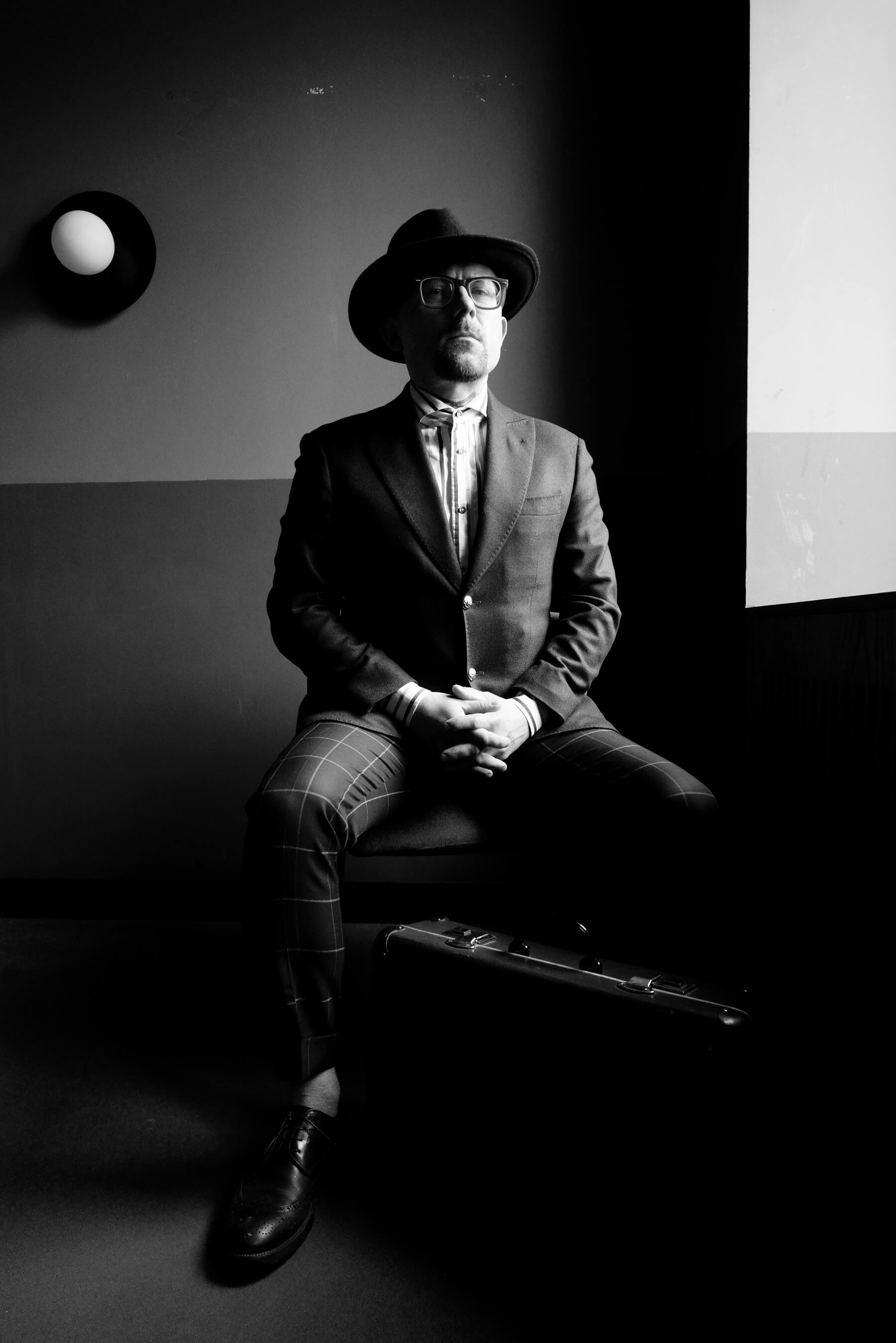
How does one even begin to brace oneself for such grim brutality, such sheer barbarism? Was the heart-wrenching incident in Bucha, now a name etched into collective memory, a source of shock for you? And for those in your vicinity? How could anyone have foreseen or prepared for the depths of this darkness and savagery?
— Indeed, Bucha was an utter shock. The paradox lies in the misleading notion that Russians still retain their humanity, even among these marginalized provincial individuals who constitute the core of the Russian army. This perception persists because some fundamental concepts are taught in Russian schools: notions of good and evil, the immorality of falsehood, and the wrongness of senseless killing. These principles exist within their consciousness as well, yet strangely, they seem to have had no impact whatsoever. To be Russian, it appears, equates to being a creature of instinct.
The human condition is a state of transition, lacking any fixed "human nature." A human stands as a bridge, connecting the animalistic and angelic realms, the subterranean chthonic nightmare and the celestial presence. This is the essence of humanity. From this perspective, a Ukrainian, as a human, as a bearer of the values of individual freedom, is profoundly more human than a Muscovite, even the most cultured one.
Well, let's take a look at your books now. Starting with "Evolution or Death. Adventures of Pavian Thomas": "Here, it becomes quite evident that the author has playfully navigated, leaving unanswered yet another poignant question—what genre are you working within, Mr. Writer? In the Neolithic realm, my friend. We're forging a fresh literary path—agromistic realism delving into the lives of fools." From my perspective, this is truly remarkable. Since February 2022, Russian fascist forces have encroached upon Ukraine, prompting people to coin various terms to describe them—orcs, Rashists, swine-dogs... And I once again observe how individuals who previously struggled to find fitting words suddenly find their voices, if only for a brief moment, striving to somehow characterize these aggressors. They can't label them as humans; it's as though they're an inanimate part of nature. Given your adeptness at coining names, exemplified by your character, the little monkey named Thomas, could you explain this phenomenon?
— It seems to me that this is linked to a form of hypnosis. Muscovy employs hypnosis, which manifests in various ways - through religious institutions and the media at large. They cast a hypnotic spell on us, striving to sow confusion all around. We're left unsure of how exactly to label them, even though they unequivocally identify themselves as "russians." However, on the flip side, it's akin to a commandeered term, lacking the soft sign (ь), and the inclusion of the soft sign distinguishes the words "руський" (rus’kiy) and "рускій" (ruskiy) as antonyms. Consequently, we're still grappling with the question of how to precisely define all of this, hence our quest for the right words. My belief is that, over time, this will ultimately settle. Whichever name the Muscovites end up with in the textbooks of the future—that's the name that will prevail.
In my view, the most fitting term still remains "muscovites" (московити). It carries a historical essence, is essentially neutral, and distinctly designates these individuals, the Muscovites.
On the other hand, there's an alternative formulation like "rosiyany" (росіяни), which is a neologism, hinting at people who've undergone russification, likely of non-Muscovite origin. Perhaps this is the case, and I reckon time will eventually reveal the answer.
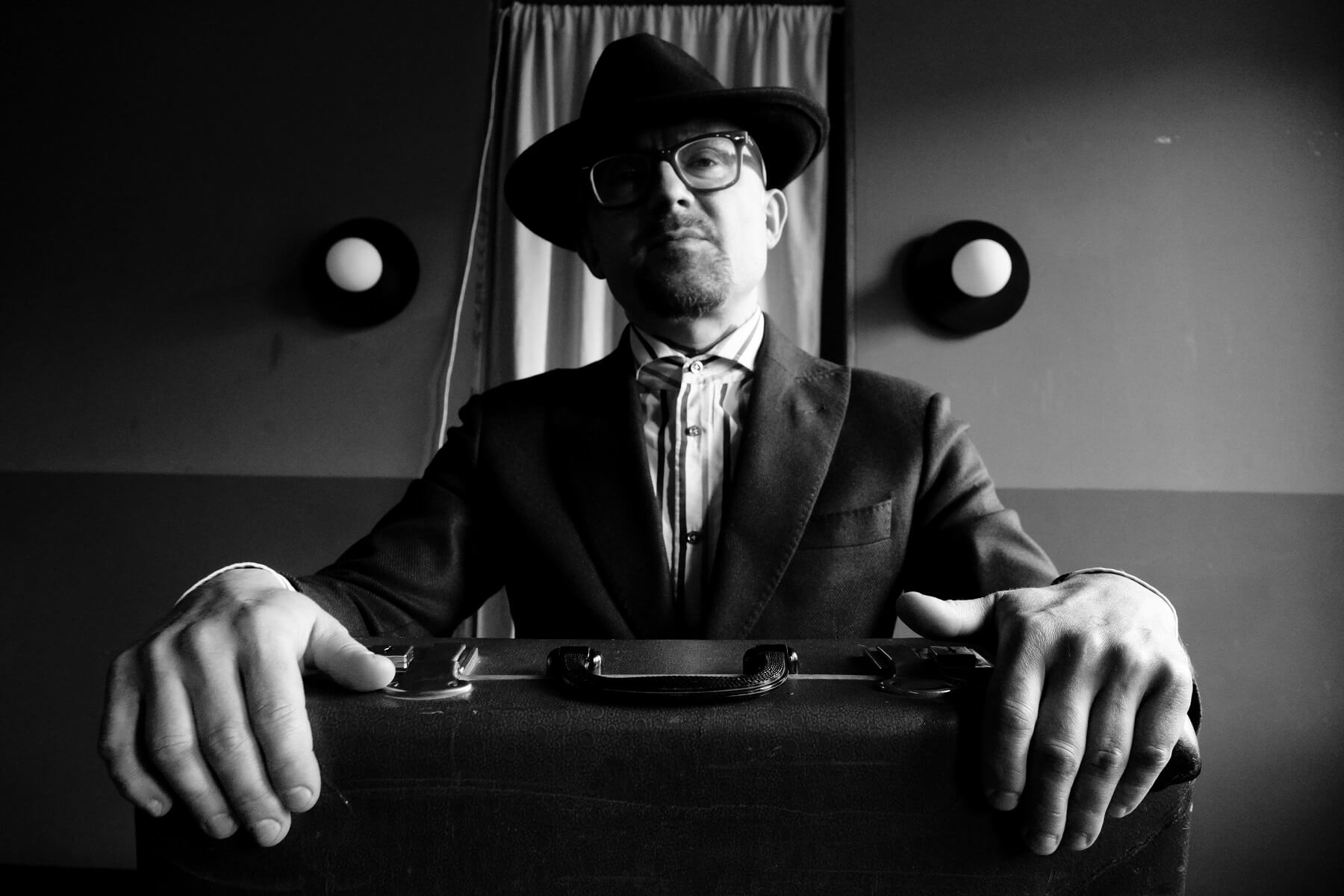
Just a few days ago, I had a conversation with Hanka Tretiak, a director, gallerist, and artist. She regards your books as prophetic. Take "Fashrutka," for example: "The story unfolds in Ukraine amidst the crumbling of Muscovy, the conflict between the SSU and the demon of Russian statehood, clashes between Ukrainian law enforcement and KGB Lubyanka agents, and other historical contexts. The book is infused with contemporary cultural memes, their metaphysical exploration, and a decisive dissection of our existence." To what degree do you personally embrace the notion of art possessing a prophetic quality?
— You see, to predict something, the most effective approach involves careful contemplation, strategic organization, and methodical implementation. Hence, prophecy incorporates both the elements of programming and foresight: does the unforeseen occur because it was prophesied, or was it prophesied because it was destined to occur? Metaphorically speaking, it's akin to the chicken and the egg, a simultaneous emergence of a unified phenomenon, where the chicken and the egg arise alongside each other, each without stemming from the other. In this sense, prophecy isn't merely anticipation; it encompasses a degree of intentional planning. Predicting this war likely wasn't challenging because it was, in a manner of speaking, already imprinted within the blueprints of the reality we inhabit. Prophecy, indeed, holds a place as one of the functions of art, serving as an indicator of the art's quality when it demonstrates the capacity to foresee or even shape the future.
I, identifying with the realm of culture, and inspired by Oleg Tistol, often designate myself as a "culture worker." I'm curious to inquire, as someone who shapes the very core of Ukrainian culture, about the potential impact of culture on society. Amidst the period spanning from 2014 to 2022, have culture workers managed to make meaningful contributions in molding the Ukrainian nation's political landscape, which now serves as a protective shield for Europe against this crisis?
— Culture is a potent influencer of society, serving plenty of functions. At its core, culture represents a repository of experience, garnered through the struggles for survival, and acts as a conduit for transmitting that hard-won wisdom into the future. This role of culture entails the storage of emotional, intellectual, psychological, and diverse experiences. These are then packaged in comprehensible forms, archived, and passed on to successive generations. Hence, society and culture are inextricably linked by nature. Naturally, culture wields an influence on society because society is an embodiment of culture itself, manifested in biological form. Culture exists not in isolation but inherently in unison with society.
An individual, on their own, doesn't embody culture; a collective is necessary for authentic cultural expression. However, culture's purpose extends beyond mere archiving; it encompasses expansion beyond its own boundaries. When culture limits itself to self-replication through the compounding of complexities, it won't sustain itself for long—such a culture will inevitably conclude like a concluded project. It's imperative for Ukrainian culture to transcend the boundaries of its own sphere and even surpass the notion of culture itself. Ukrainian culture should champion a broader aspiration, specifically the value of individual freedom. In my perspective, this could be the essence of Ukrainian culture's mission: advocating for freedom as both a concept and a guiding principle.
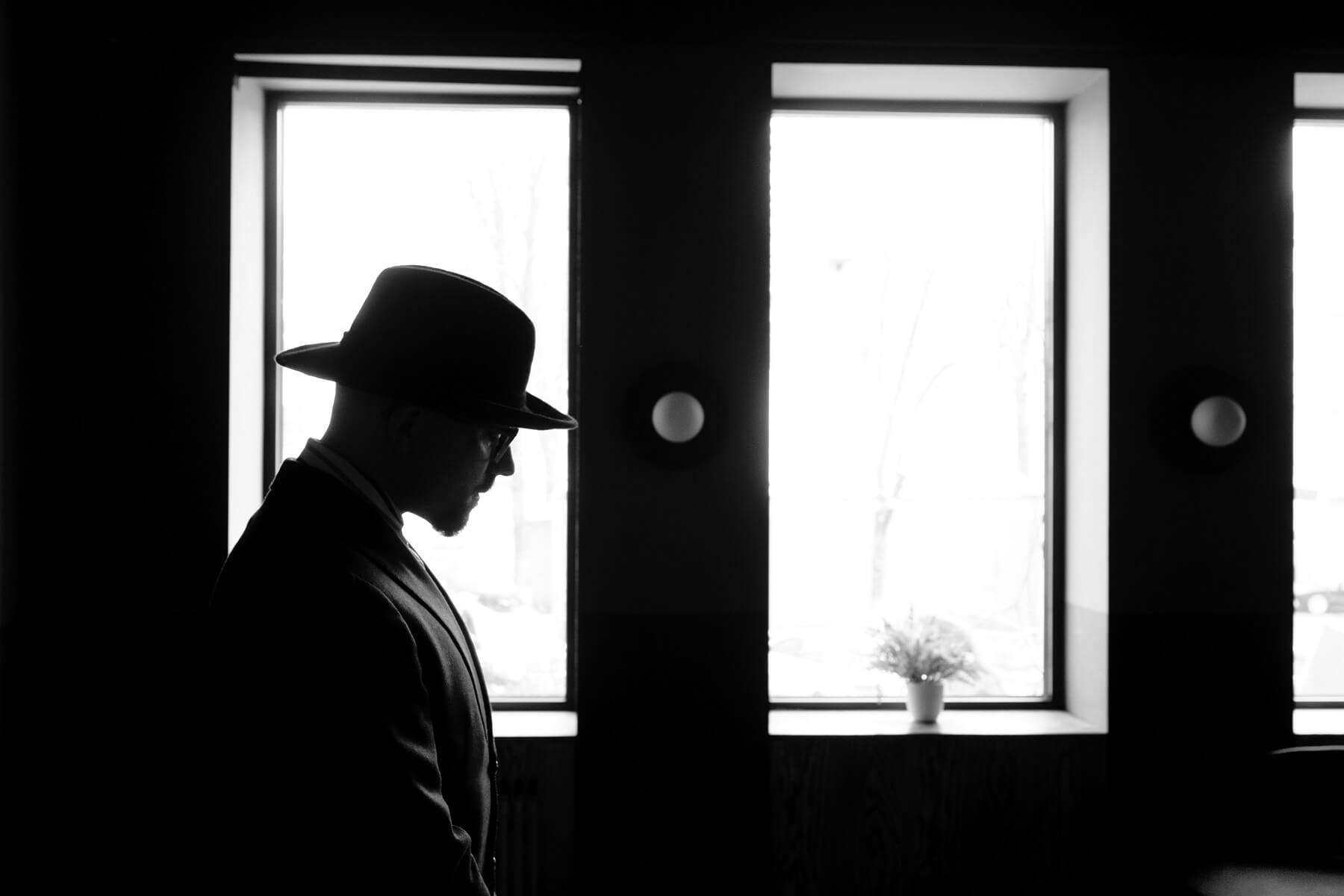
Recently, I came across an interview where a journalist posed a poignant question to a mother enduring the current barrage of shelling: does she share empathy with Russian mothers whose children cover themselves in shame, perishing like vile criminals, dying in vain, casualties of the hollow rhetoric emanating from the insatiable, deranged leadership of the Russian state? In the present climate, how do we reckon with such sentiments? What is the appropriate response for those who adhere to the principles of the Judeo-Christian cultural values?
— I believe that the 20th century has transformed us into bearers of not merely the Judeo-Christian culture, but of something novel. It's a realization that may not have fully dawned on us yet. Throughout the 20th century, other influences have come to the fore, and concepts like "karma" are now firmly integrated into our daily language, encompassing an all-encompassing meaning. Our worldview has undergone a shift; it retains a foundation in Judeo-Christian values, yet extends beyond those boundaries. How should we interpret this? I contemplate it from an alternative angle, perhaps a dharmic, Buddhist perspective. The essence is that eliminating an enemy, even one profoundly vicious, akin to a rabid dog, represents bodhicitta, a form of compassion. By ending the life of a Muscovite, we're effectively preventing them from generating negative karma, those cause-and-effect relationships that bind us. In this way, we're providing assistance: we must terminate them to mitigate the perpetuation of sin and offer them a chance at some form of future, if such a concept prevails.
"We are Europe," as you also expressed in our interview. How does your perception of Europe stand today? What has Europe truly become? What insights has the war unveiled about its essence?
— Our perceptions of Europe often confine it to a snapshot of the present, capturing certain political dynamics—Portuguese communists, Hungarian Orbán, the German blend of enemas and BMWs, and so forth. However, the reality is that Europe embodies an enduring continuity across millennia, spanning both space and time. It has remained an unbroken thread, and we are currently reawakening this awareness. Will our message be fully absorbed? That remains uncertain. Yet, at this juncture, we are showcasing to Europe an embodiment of chivalric Europe that spans 700 to 800 years. Europe, in itself, exhibits diversity not solely across various countries, but also across different epochs.
What has the war unveiled? It has illuminated a fortunate revelation—Europe has not perished; rather, it slumbered. Beneath its tangible facade, its quintessence stands encapsulated in the form of Gothic cathedrals that grace the European landscape. These Gothic and Romanesque abbeys carry the memory of this civilization's expansion beyond its own cultural boundaries. This essence, this flame of the Gothic spirit, continues to underpin this civilization. The challenge lies in rekindling this fire. Typically, such rekindling occurs amidst dire crises, cataclysms, and upheavals. Well, in truth, we are amidst such times now. My belief is that, in the forthcoming decades, Europe as a whole will undergo these transformative upheavals. This phase is only the inception.
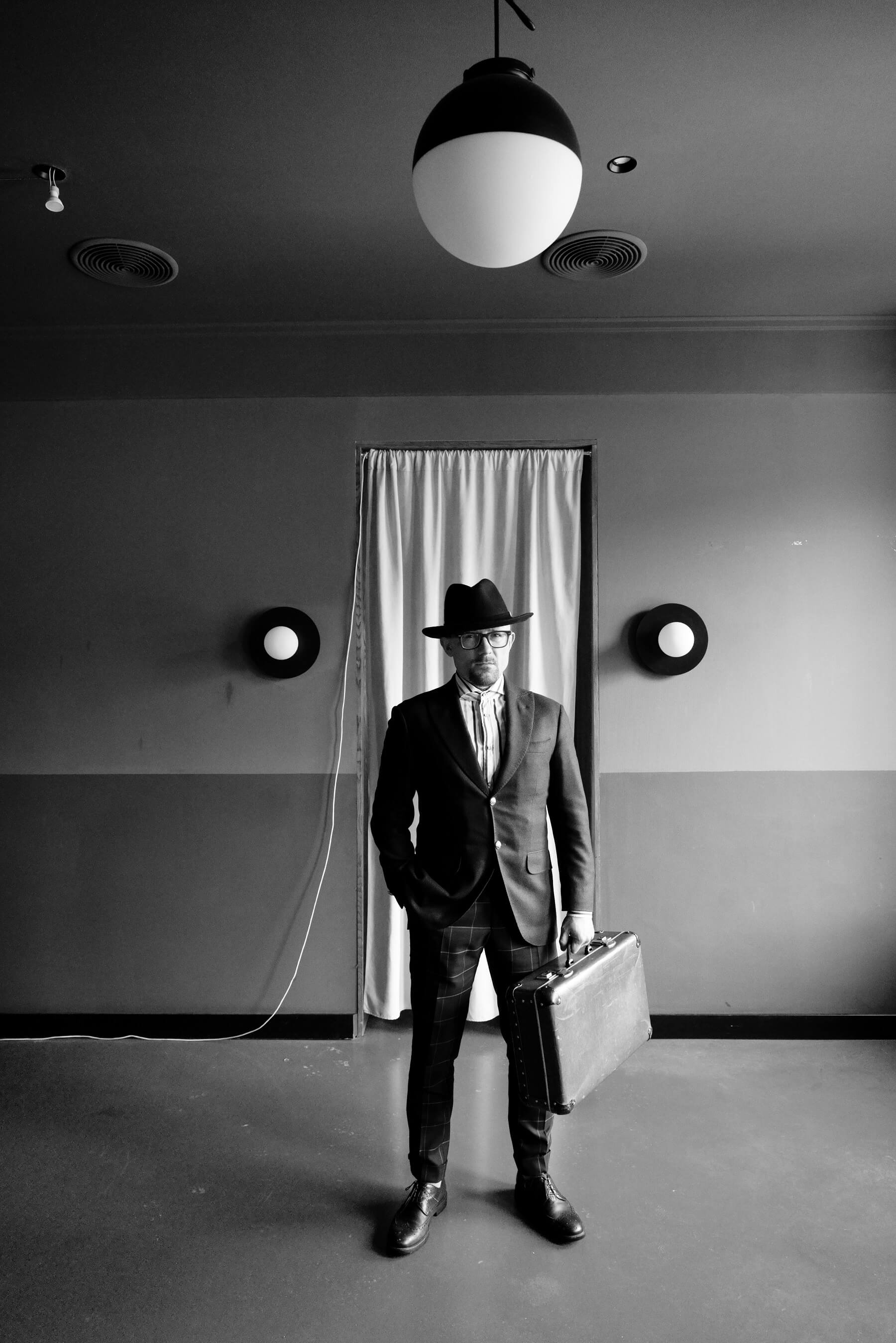
Ukraine stands out not only for its remarkable qualities but also for its unceasing cultural vitality. Life continues. Take, for instance, the heartwarming gesture of my friend from Zaporizhzhia, who sent children's books to the Trostyanets Library at the outset of summer, eliciting genuine happiness. This example is but a tiny fragment of the broader process in motion. Are you also making plans as part of this ongoing journey?
— To put it succinctly, there exist operational plans, particularly in the official capacity where I'm currently engaged directly with the government. I'll need to devise plans to fulfill the specific mandates that have been assigned to me. On a broader scale, I don't actively make elaborate plans and, truth be told, I find limited significance in doing so. This approach might be specific to my personal journey, and I'm uncertain whether it's a positive trait. Some individuals might thrive on meticulously planning every aspect, but that doesn't resonate with me. I feel I've done enough to evade the unease that accompanies uncompleted tasks. My intention is to do as much as I'm capable of. However, I refrain from extensive planning; I merely exist, endeavoring to articulate the concept of freedom. I aim to discuss it, expound upon its value, and scrutinize it as a fundamental principle. This might well be my calling—to converse about individual freedoms, to openly converse about this concept and principle, and to engage in dialogue with fellow individuals.
It's crucial to infuse the notion of "freedom" into our national dialogue. From this perspective, yes, my aspiration involves advocating for freedom.
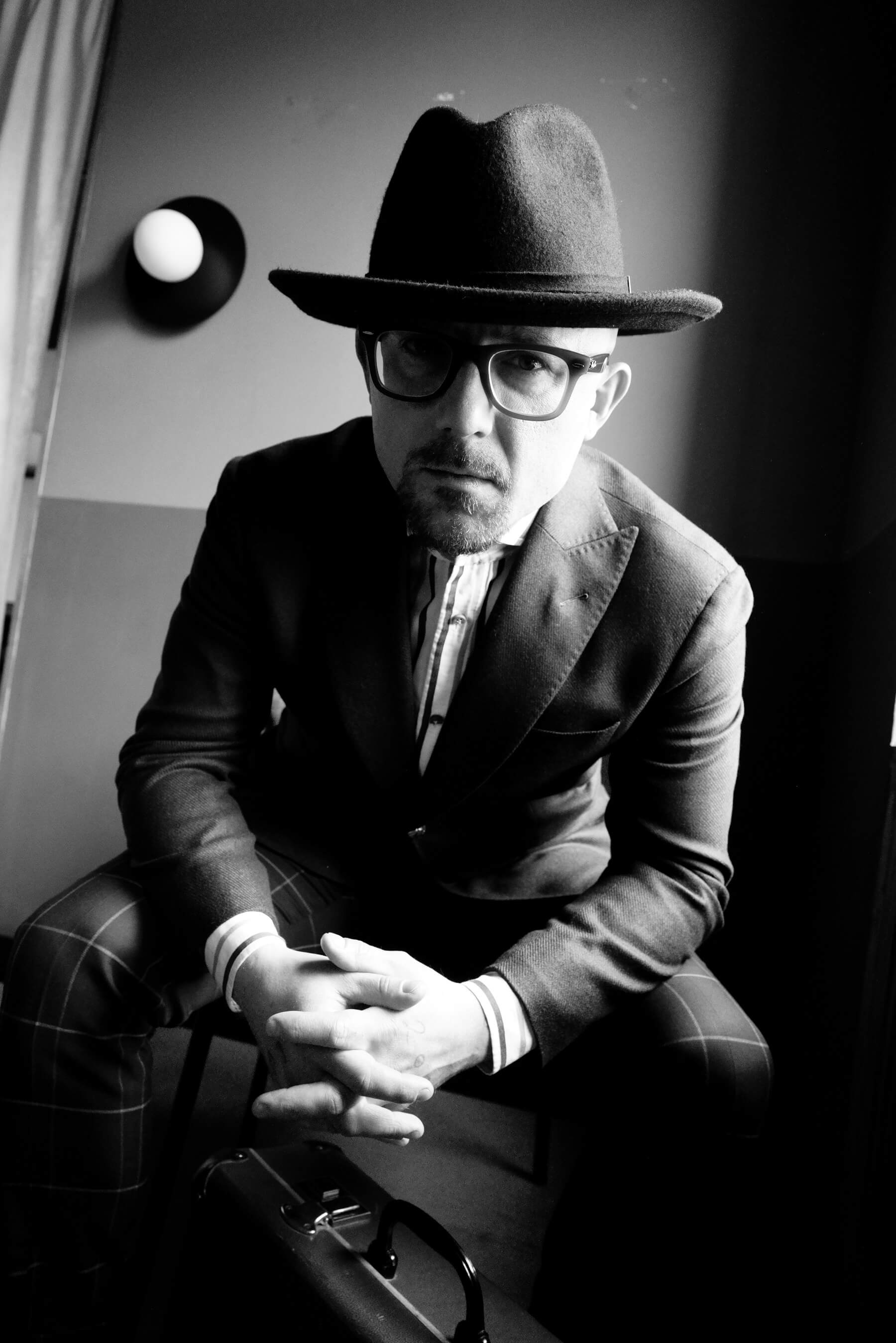
Translated from Ukrainian by Anna Petelina
Ivan Semesyuk is a Ukrainian artist, writer, poet, musician, cultural figure, author of media projects. The founder of the power country band Pyryatyn (2016), and also a member of the alternative folk music group Ukie'z (2019).